Special Education
Our Special Education Home Therapy Resources support children with diverse abilities, including learning disabilities and autism. These tools enhance cognitive, social, and motor skills through inclusive, structured activities for all learning levels.

Explore the Best Special Education Resources for Kids
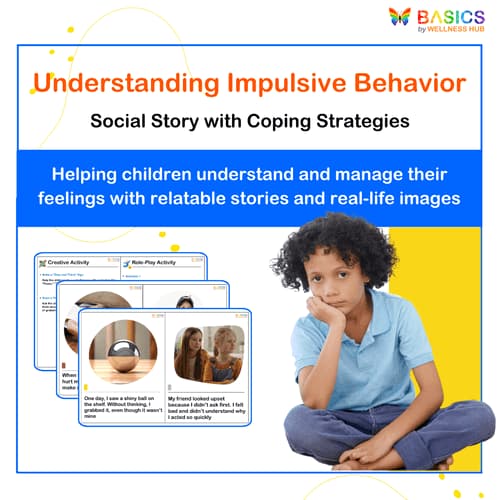
Understanding Impulsive Behavior: Social Story with Coping Strategies
₹ 80.00
₹ 160.00
50% off
4.9 (42 ratings)
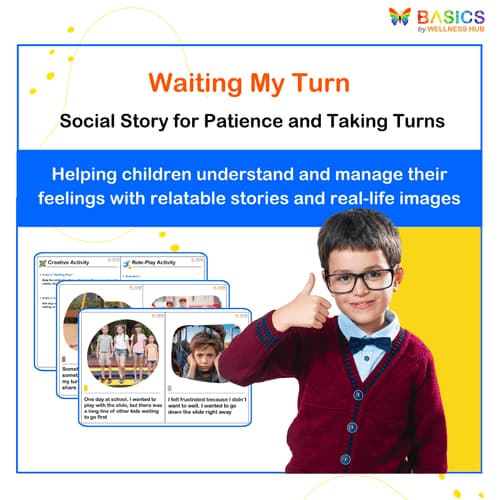
Waiting My Turn – Social Story for Patience and Taking Turns
₹ 80.00
₹ 160.00
50% off
4.7 (56 ratings)
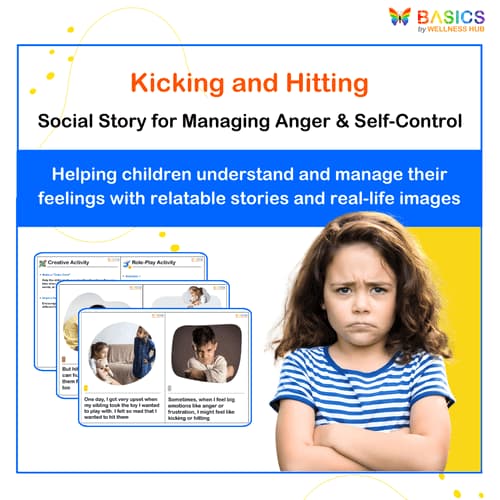
Kicking and Hitting – Social Story for Managing Anger & Self-Control
₹ 80.00
₹ 160.00
50% off
4.6 (52 ratings)
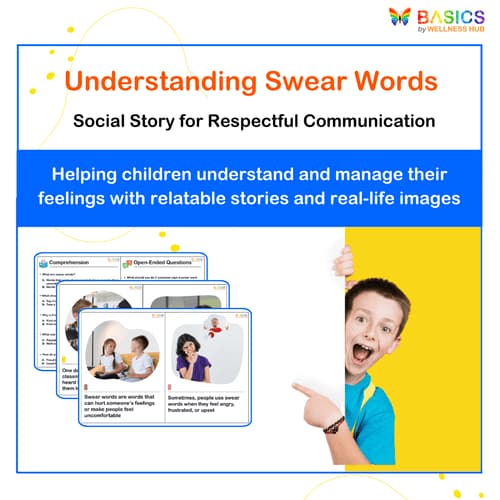
Understanding Swear Words – Social Story for Respectful Communication
₹ 80.00
₹ 160.00
50% off
4.9 (48 ratings)
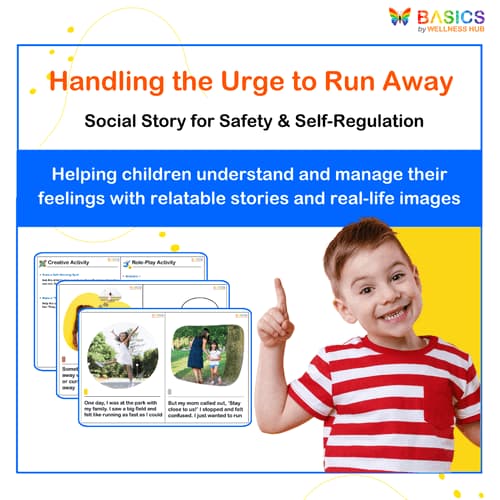
Handling the Urge to Run Away – Social Story for Safety & Self-Regulation
₹ 80.00
₹ 160.00
50% off
4.8 (44 ratings)
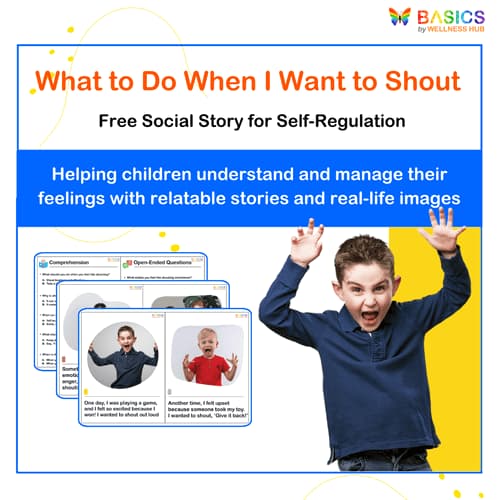
What to Do When I Want to Shout – Free Social Story for Self-Regulation
FREE
₹160
100% off
4.7 (58 ratings)
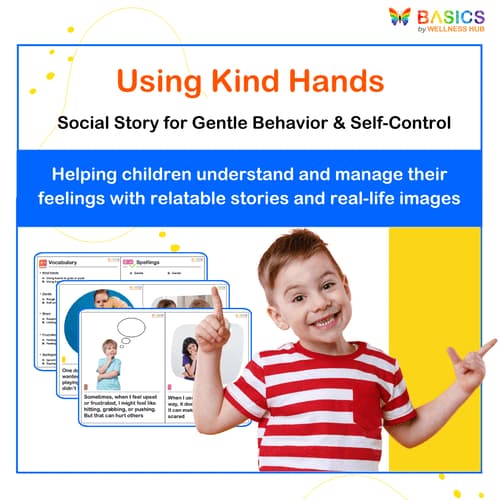
Using Kind Hands – Social Story for Gentle Behavior & Self-Control
₹ 80.00
₹ 160.00
50% off
4.6 (54 ratings)
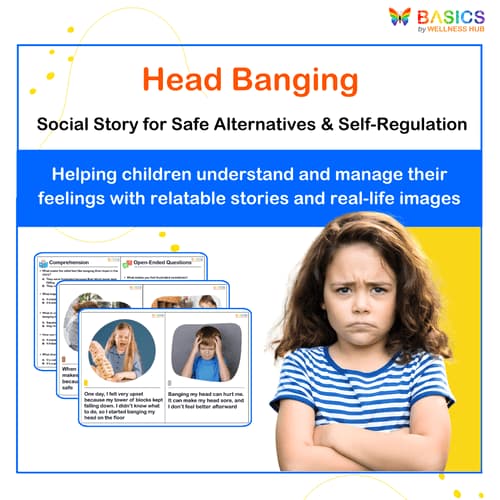
Head Banging – Social Story for Safe Alternatives & Self-Regulation
₹ 80.00
₹ 160.00
50% off
4.9 (50 ratings)
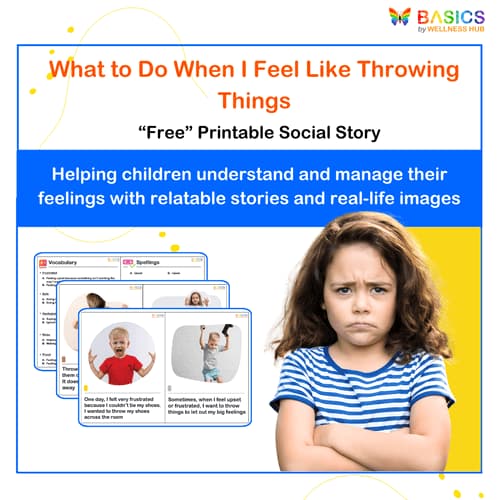
What to Do When I Feel Like Throwing Things – Free Printable Social Story
FREE
₹160
100% off
4.8 (46 ratings)
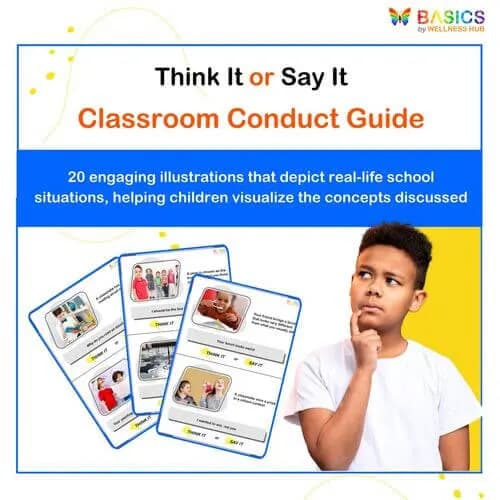
Think It or Say It: Classroom Conduct Guide
₹ 80.00
₹ 160.00
50% off
4.7 (42 ratings)
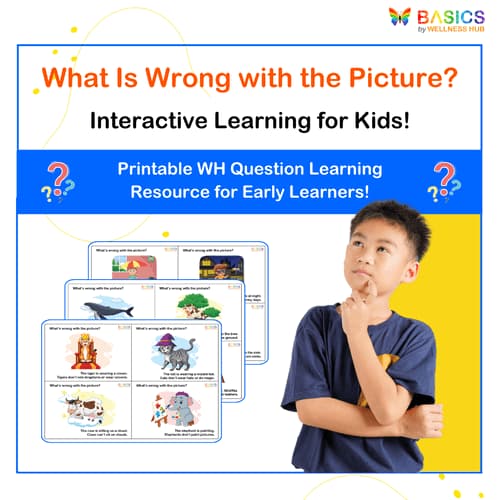
What Is Wrong with the Picture? – Fun Learning with Pictures for Kids
₹ 80.00
₹ 160.00
50% off
4.6 (60 ratings)
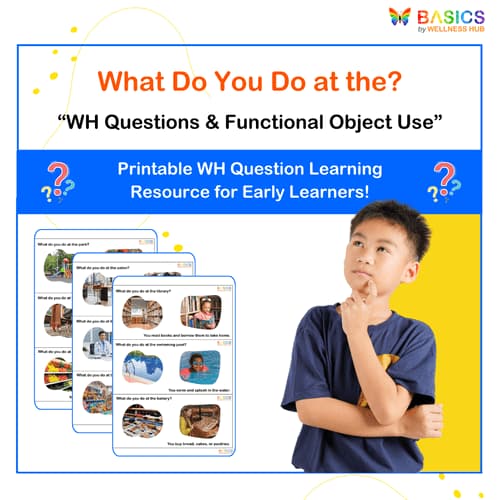
What Do You Do at the? WH Questions & Places – Printable PDF
₹ 80.00
₹ 160.00
50% off
4.9 (56 ratings)
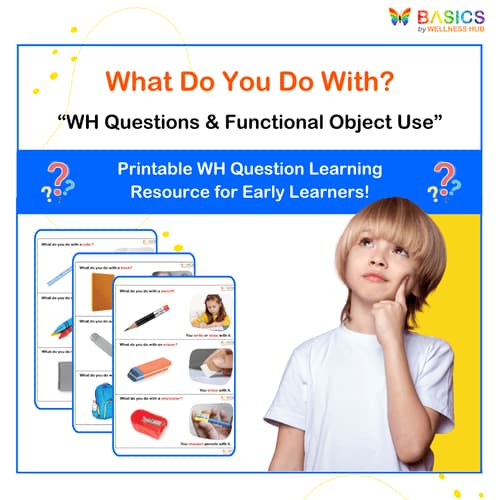
What Do You Do With? WH Questions & Functional Object Use – Printable PDF
₹ 80.00
₹ 160.00
50% off
4.8 (52 ratings)
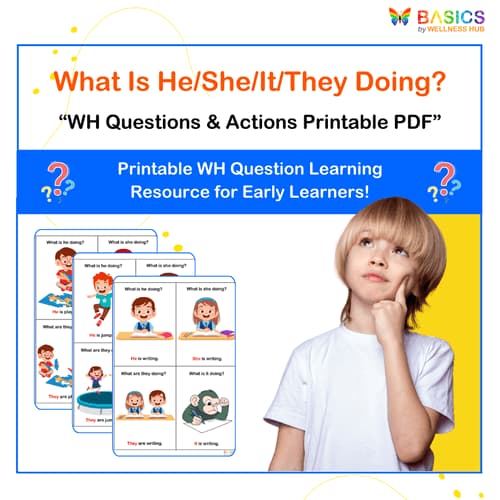
What Is He/She/It/They Doing? WH Questions & Actions Printable – Sentence Building for Kids
₹ 80.00
₹ 160.00
50% off
4.7 (48 ratings)
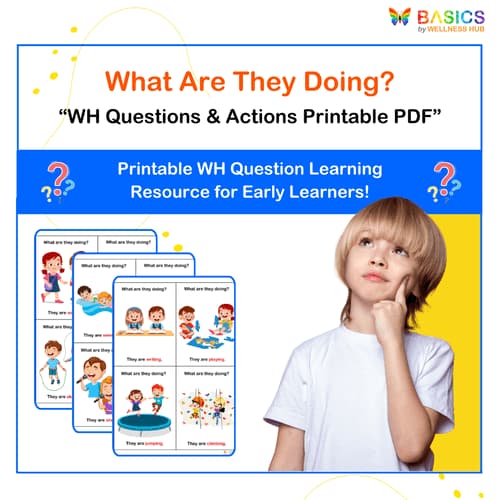
What Are They Doing? WH Questions & Actions Printable – Sentence Building for Kids
₹ 80.00
₹ 160.00
50% off
4.6 (44 ratings)
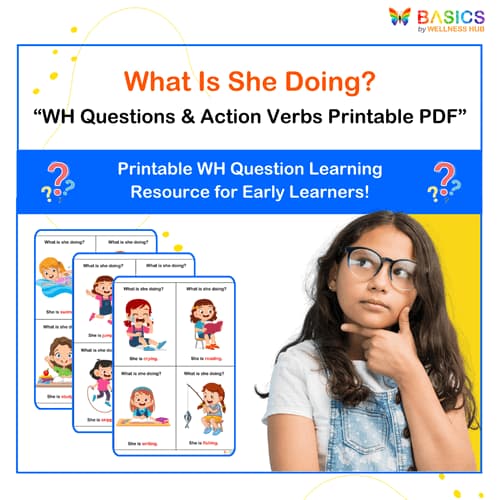
What Is She Doing? WH Questions & Action Verbs Printable – Learn Verbs & Sentence Formation
₹ 80.00
₹ 160.00
50% off
4.8 (54 ratings)
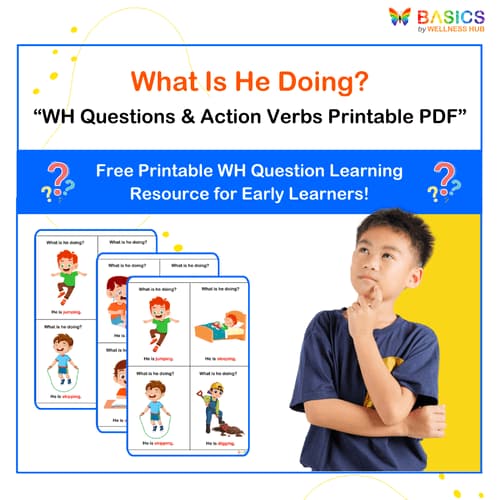
What Is He Doing? Action Words Printable – Learn Verbs & WH Questions
₹ 80.00
₹ 160.00
50% off
4.7 (50 ratings)
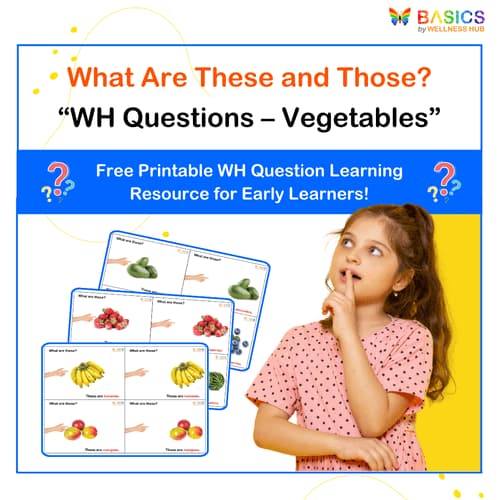
What Are These and Those? WH Questions – Vegetables (Free Printable PDF)
FREE
₹160
100% off
4.6 (46 ratings)
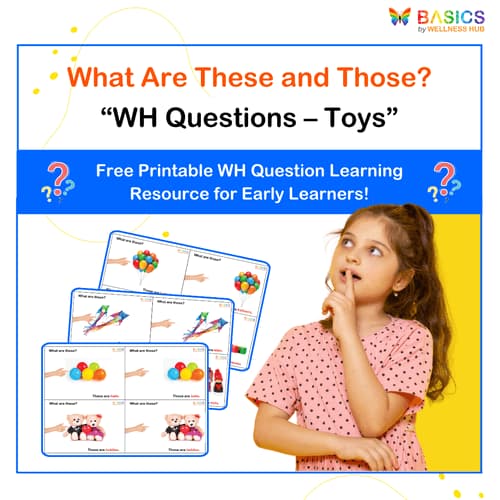
What Are These and Those? WH Questions – Toys (Free Printable PDF)
FREE
₹160
100% off
4.9 (42 ratings)
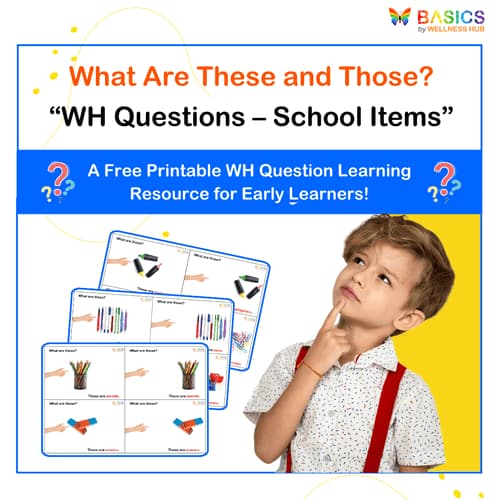
What Are These and Those? WH Questions – School Items (Free Printable PDF)
FREE
₹160
100% off
4.8 (60 ratings)
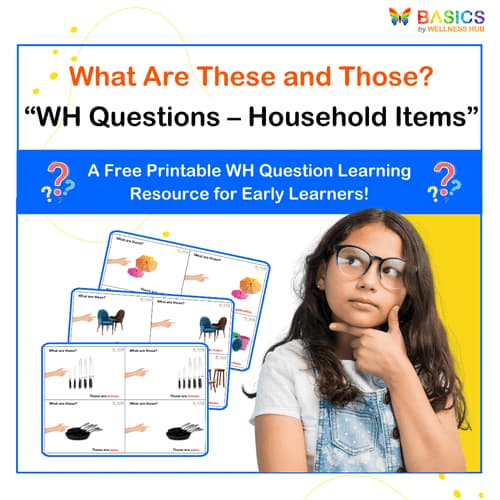
What Are These and Those? WH Questions – Household Items (Free Printable PDF)
FREE
₹160
100% off
4.7 (56 ratings)
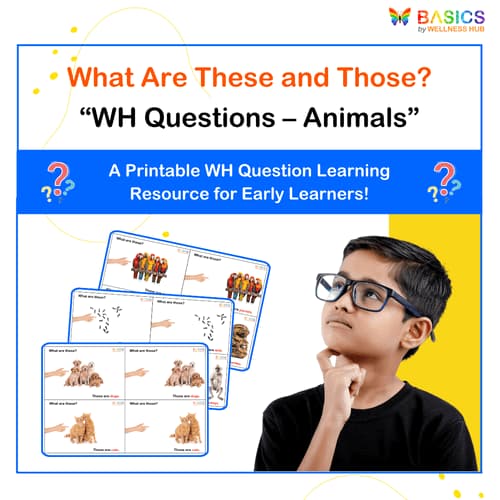
What Are These and Those? WH Questions – Animals (Printable PDF)
₹ 80.00
₹ 160.00
50% off
4.6 (52 ratings)
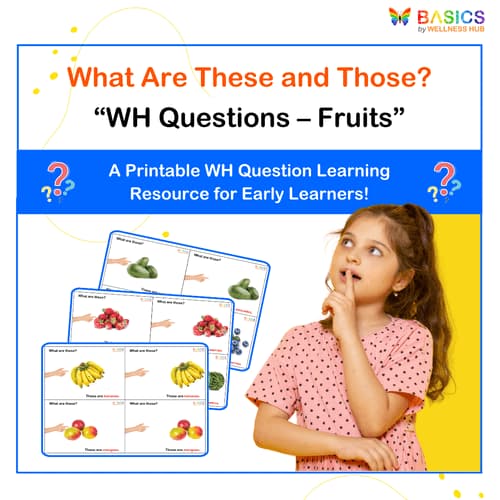
What Are These and Those? WH Questions – Fruits (Printable PDF)
₹ 80.00
₹ 160.00
50% off
4.6 (52 ratings)
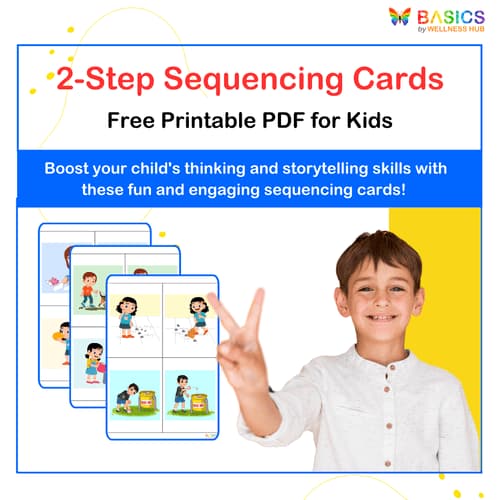
2-Step Sequencing Cards: Free Printable PDF for Daily Activities
FREE
₹160
100% off
4.9 (48 ratings)
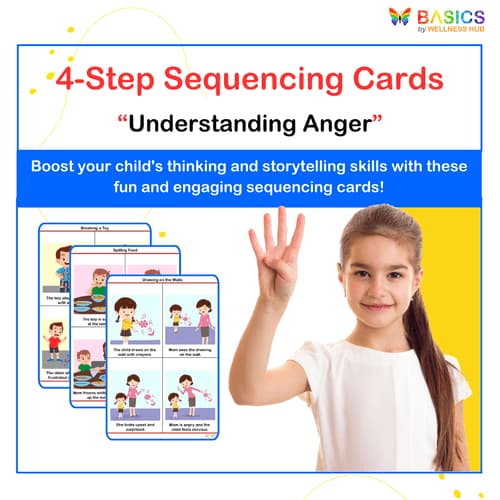
4-Step Sequencing Cards: Understanding Anger – Printable PDF
₹ 80.00
₹ 160.00
50% off
4.8 (44 ratings)
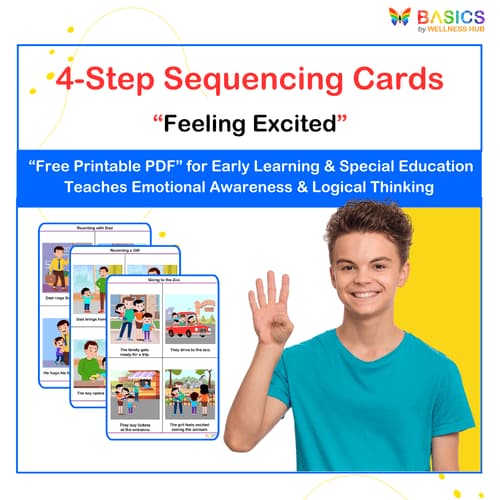
4-Step Sequencing Cards: Free Printable PDF for Feeling Excited
FREE
₹160
100% off
4.7 (60 ratings)
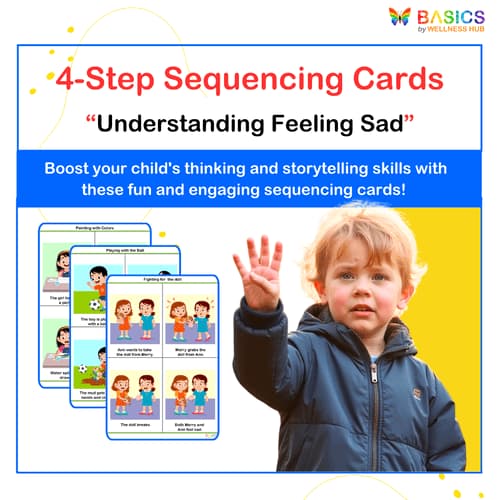
4-Step Sequencing Cards: Printable PDF for Understanding Feeling Sad
₹ 80.00
₹ 160.00
50% off
4.6 (56 ratings)
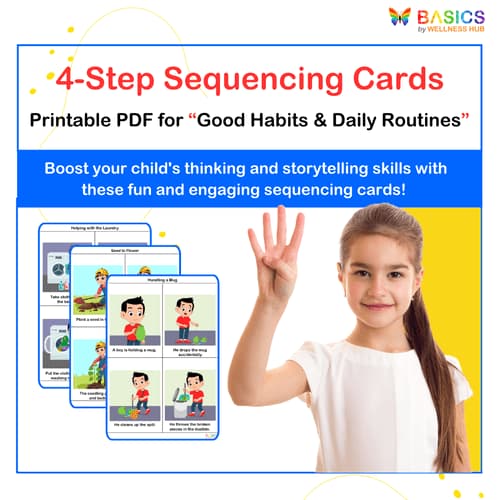
4-Step Sequencing Cards: Printable PDF for Good Habits & Daily Routines
₹ 80.00
₹ 160.00
50% off
4.9 (52 ratings)
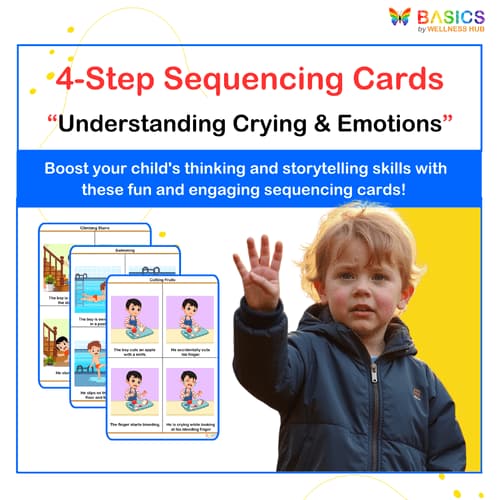
4-Step Sequencing Cards: Printable PDF for Understanding Crying & Emotions
₹ 80.00
₹ 160.00
50% off
4.8 (46 ratings)
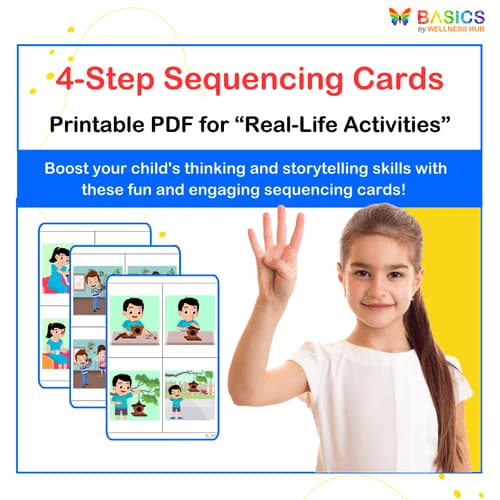
4-Step Sequencing Cards: Printable PDF for Real-Life Activities
₹ 80.00
₹ 160.00
50% off
4.7 (42 ratings)
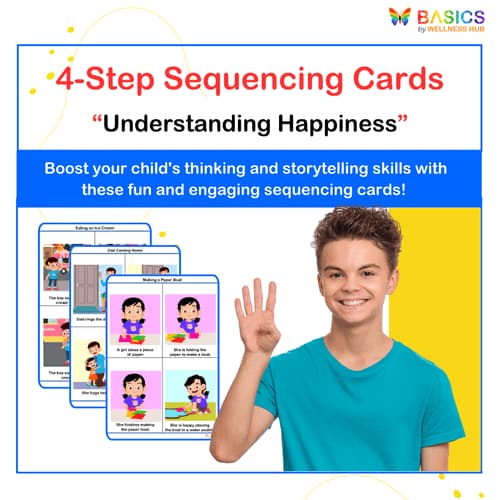
4-Step Sequencing Cards: Printable PDF for Understanding Happiness
₹ 80.00
₹ 160.00
50% off
4.6 (60 ratings)
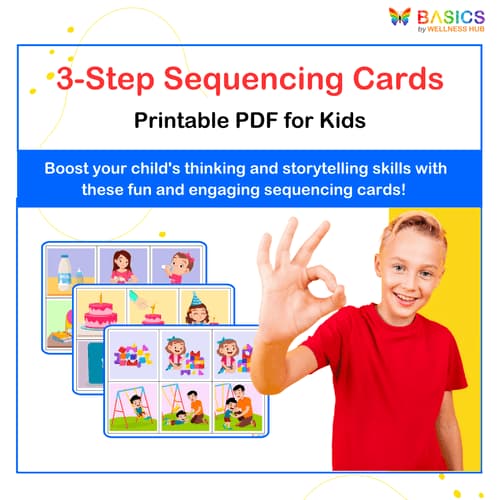
3-Step Sequencing Cards: Printable PDF for Early Learning
₹ 80.00
₹ 160.00
50% off
4.9 (56 ratings)
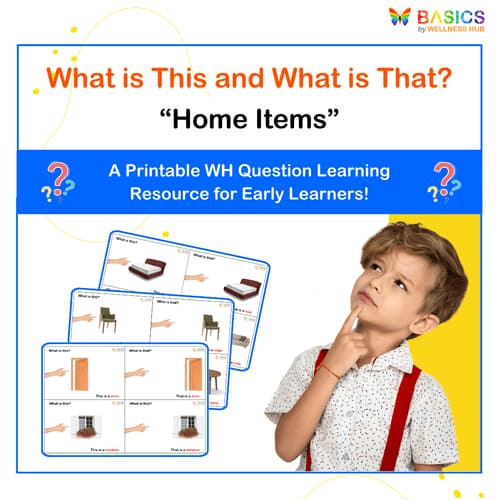
What is This and What is That? - Home Items Learning PDF for Kids WH
₹ 80.00
₹ 160.00
50% off
4.8 (52 ratings)
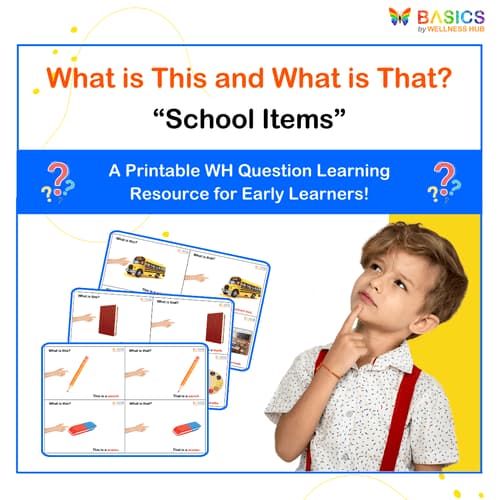
What is This and What is That? - School Items Learning PDF for Kids WH
₹ 80.00
₹ 160.00
50% off
4.7 (48 ratings)
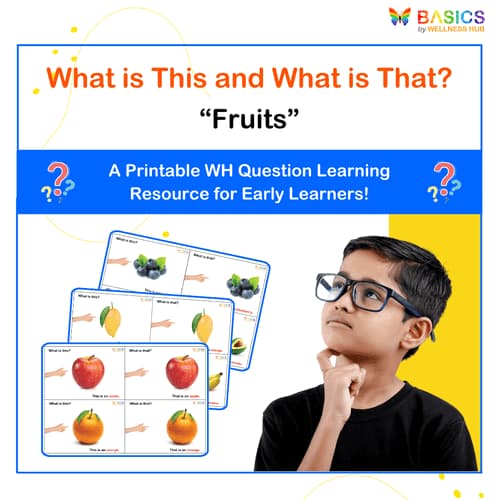
What is This and What is That? - Fruits Learning PDF for Kids WH
₹ 80.00
₹ 160.00
50% off
4.6 (44 ratings)
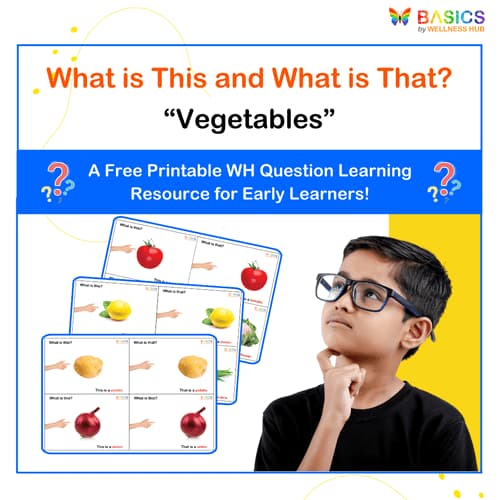
What is This and What is That? - Free Vegetables Learning PDF for Kids WH
FREE
₹160
100% off
4.9 (58 ratings)
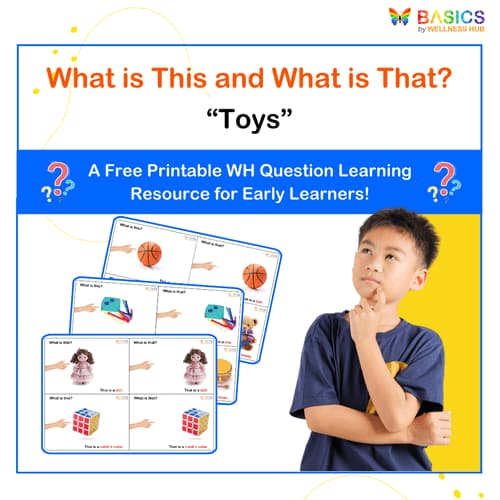
What is This and What is That? - Free Toys Learning PDF for Kids WH
FREE
₹160
100% off
4.8 (54 ratings)
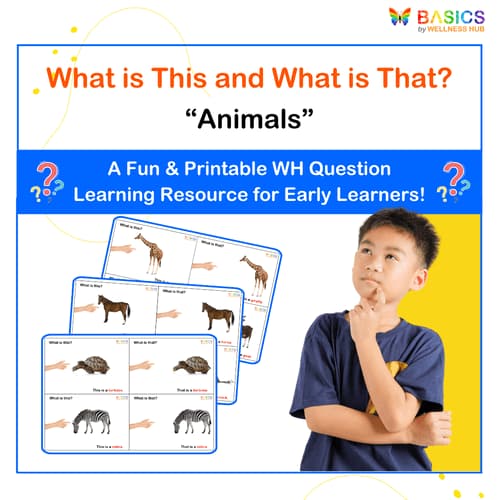
What is This and What is That? - Animals Learning PDF for Kids WH
₹ 80.00
₹ 160.00
50% off
4.7 (50 ratings)
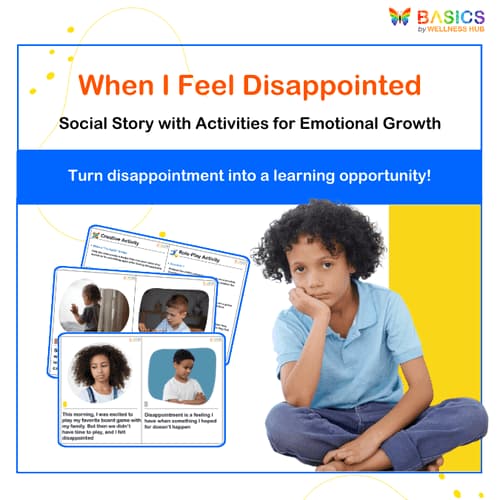
When I Feel Disappointed: Social Story and Activities for Kids
₹ 80.00
₹ 160.00
50% off
4.9 (46 ratings)
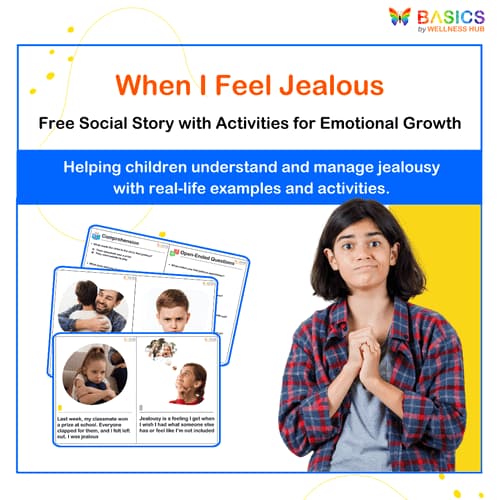
When I Feel Jealous: A Social Story with Activities for Kids
₹ 80.00
₹ 160.00
50% off
4.7 (60 ratings)
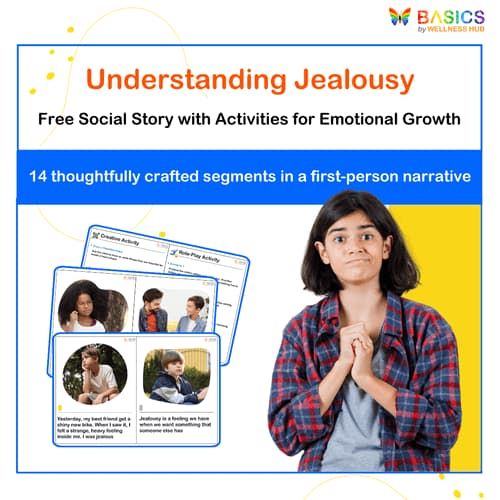
Understanding Jealousy: Free Social Story with Activities for Emotional Growth
FREE
₹160
100% off
4.6 (56 ratings)
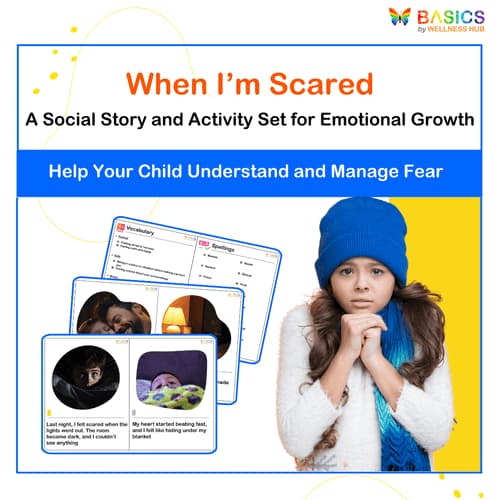
When I’m Scared: Social Story and Activities for Kids
₹ 80.00
₹ 160.00
50% off
4.9 (52 ratings)
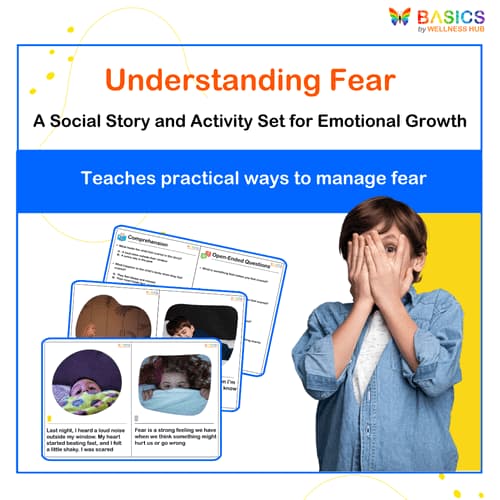
Understanding Fear: A Social Story with Activities for Kids
₹ 80.00
₹ 160.00
50% off
4.8 (48 ratings)
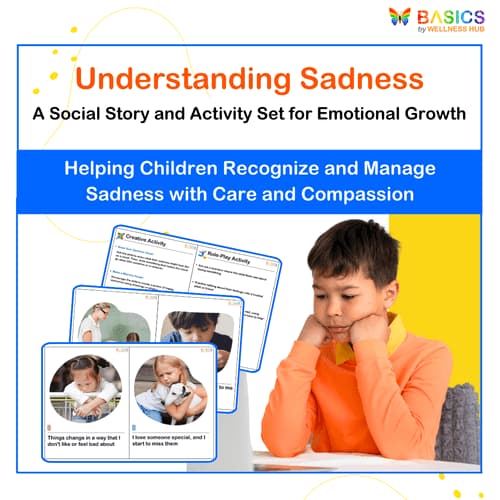
Understanding Sadness: Free Social Story with Activities for Kids
FREE
₹160
100% off
4.6 (52 ratings)
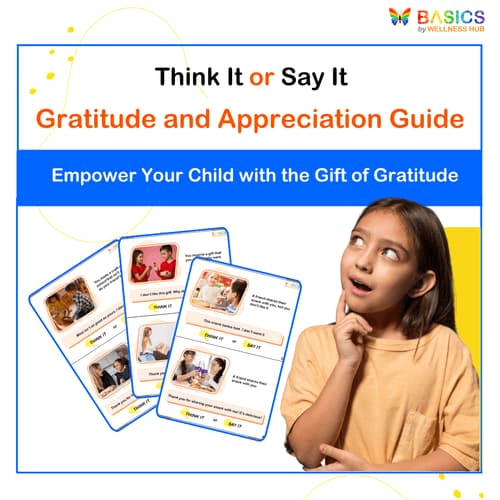
Think It or Say It: Gratitude and Appreciation Guide
₹ 80.00
₹ 160.00
50% off
4.9 (44 ratings)
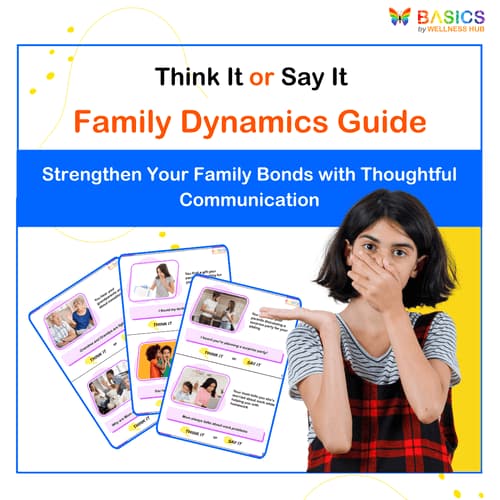
Think It or Say It: Family Dynamics Guide
₹ 80.00
₹ 160.00
50% off
4.8 (58 ratings)
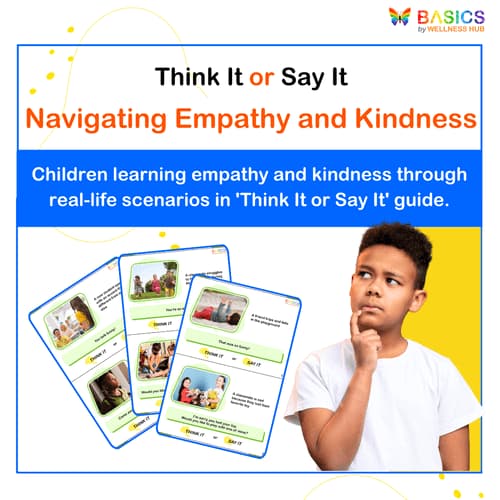
Think It or Say It: Navigating Empathy and Kindness
₹ 80.00
₹ 160.00
50% off
4.7 (54 ratings)
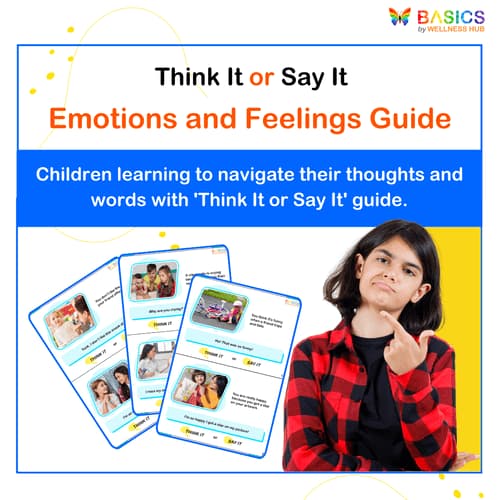
Think It or Say It: Emotions and Feelings Guide
₹ 80.00
₹ 160.00
50% off
4.6 (50 ratings)
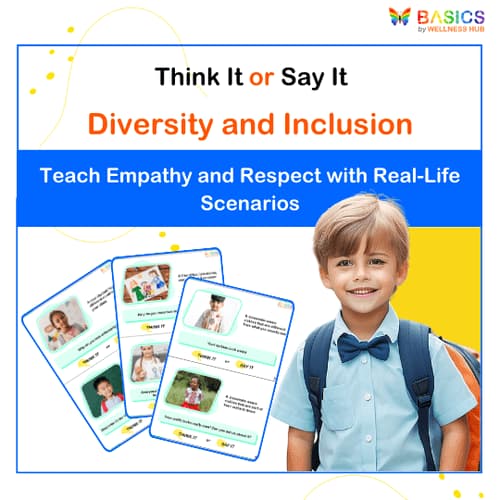
Think It or Say It: Diversity and Inclusion for Kids
₹ 80.00
₹ 160.00
50% off
4.9 (46 ratings)
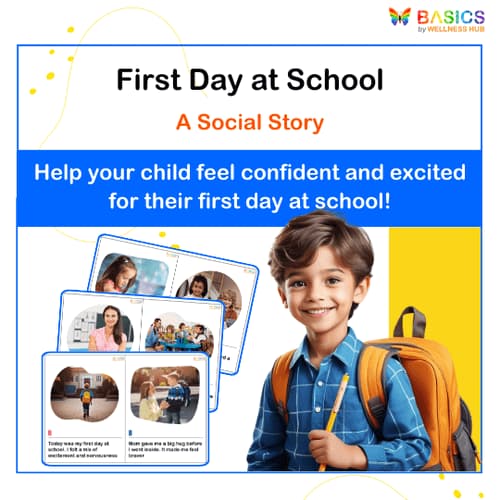
First Day at School Social Story
₹ 80.00
₹ 160.00
50% off
4.8 (48 ratings)
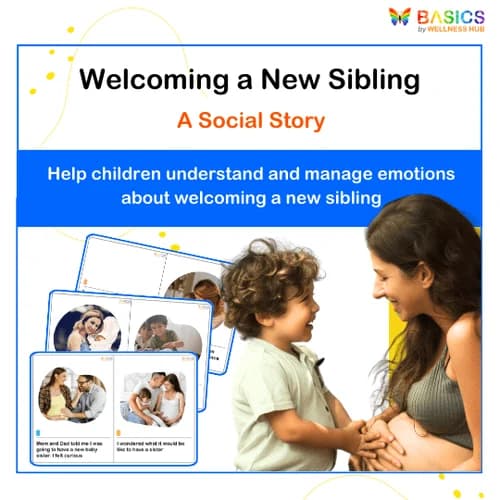
Welcoming a New Sibling: A Social Story for Kids
₹ 80.00
₹ 160.00
50% off
4.8 (50 ratings)
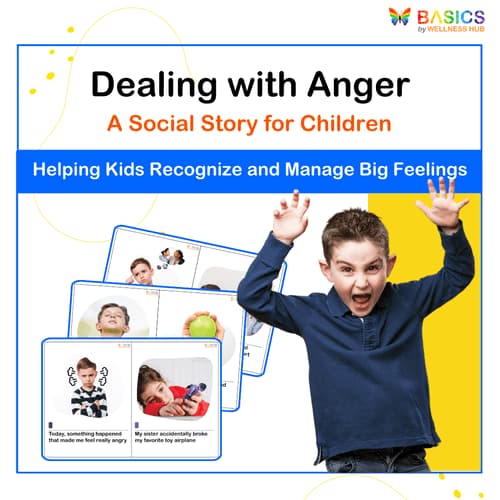
Dealing with Anger: A Social Story for Children
₹ 80.00
₹ 160.00
50% off
4.8 (56 ratings)
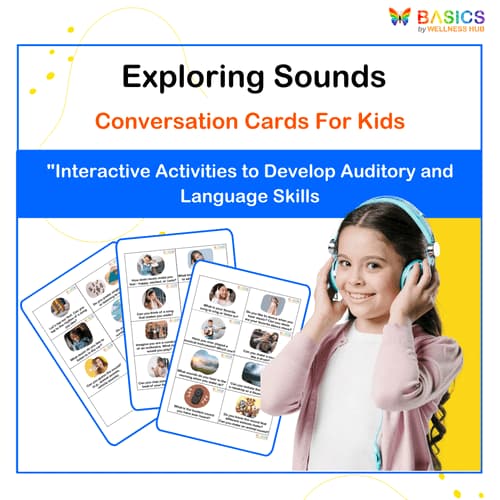
Exploring Sounds: Conversation Cards for Kids
₹ 80.00
₹ 160.00
50% off
4.9 (44 ratings)
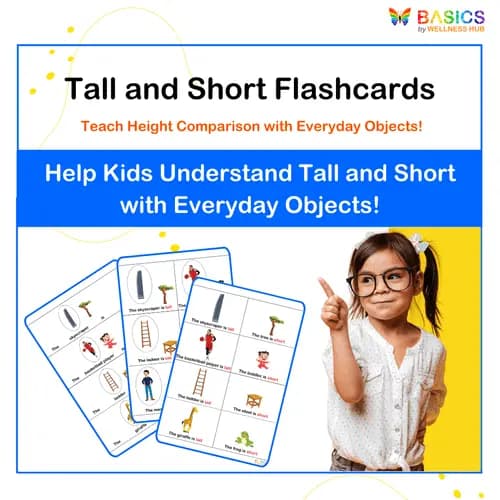
Tall and Short Flashcards: Teach Height Comparison with Everyday Objects
₹ 80.00
₹ 160.00
50% off
4.7 (56 ratings)
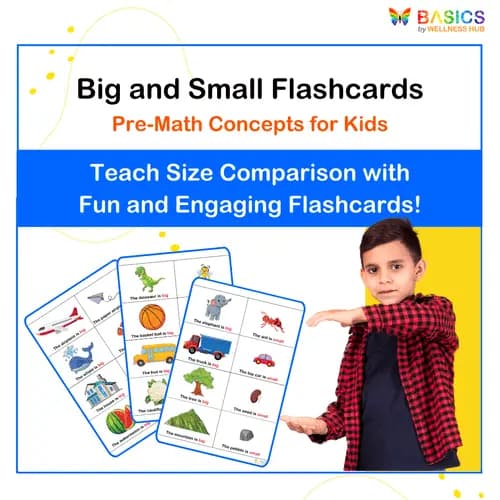
Big and Small Flashcards: Pre-Math Concepts for Kids
₹ 80.00
₹ 160.00
50% off
4.9 (48 ratings)
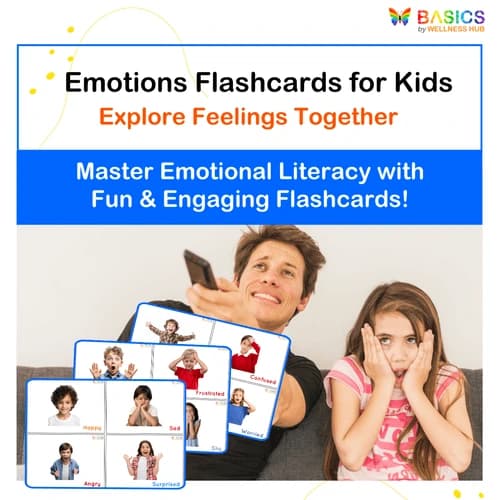
Emotions Flashcards for Kids: Free Printable PDF
FREE
₹160
100% off
4.8 (44 ratings)
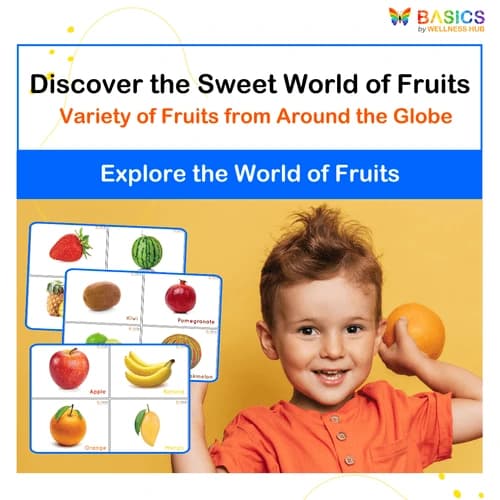
Fruits Flashcards for Kids: Free Printable PDF
FREE
₹160
100% off
4.7 (58 ratings)
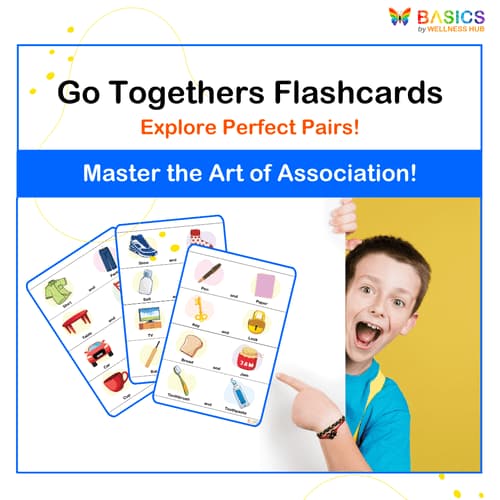
Go Togethers Flashcards: Perfect Pairs for Learning
₹ 80.00
₹ 160.00
50% off
4.6 (54 ratings)
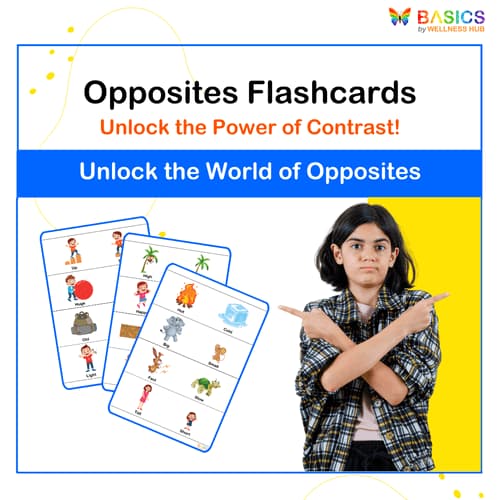
Opposites Flashcards: Learn & Discover Duality
₹ 80.00
₹ 160.00
50% off
4.8 (46 ratings)
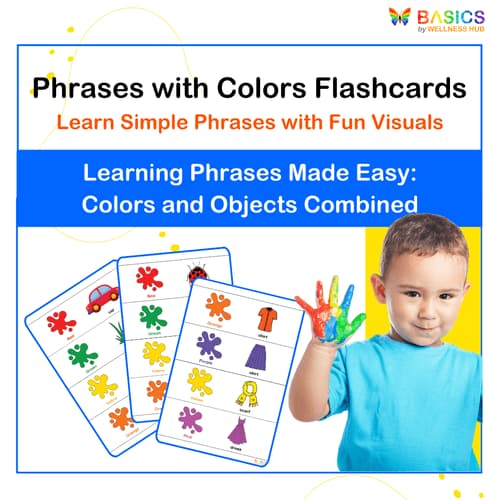
Phrases with Colors Flashcards: Learn Phrases Using Colors and Objects
₹ 200.00
₹ 400.00
50% off
4.7 (42 ratings)
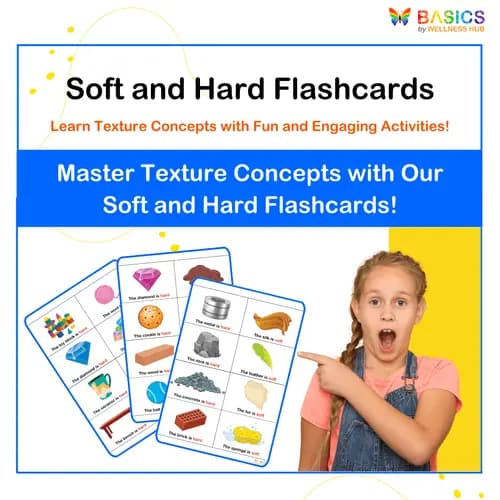
Soft and Hard Flashcards: Learn Texture Concepts with Everyday Objects
₹ 80.00
₹ 160.00
50% off
4.6 (58 ratings)
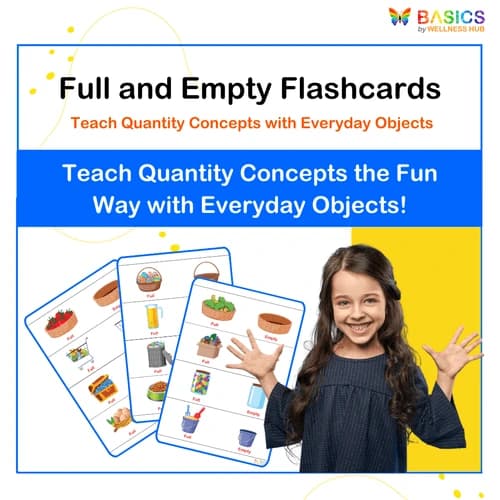
Full and Empty Flashcards: Teach Quantity Concepts with Everyday Objects
₹ 80.00
₹ 160.00
50% off
4.9 (54 ratings)
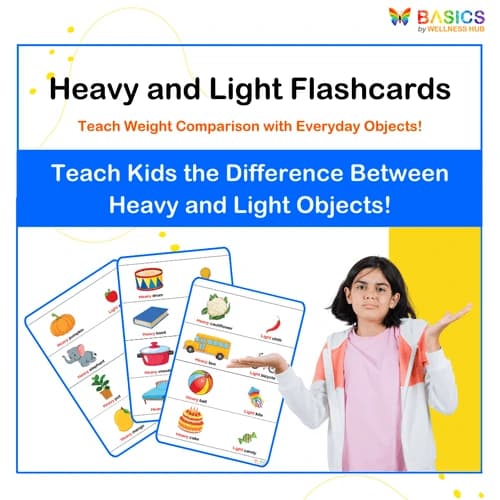
Heavy and Light Flashcards: Teach Weight Comparison with Everyday Objects
₹ 80.00
₹ 160.00
50% off
4.8 (50 ratings)
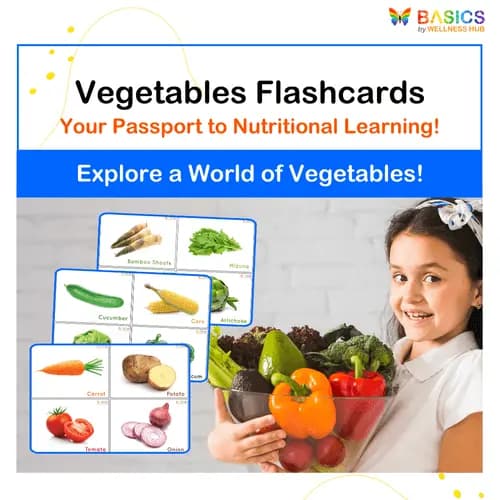
Vegetables Flashcards for Kids: Free Printable PDF
FREE
₹160
100% off
4.7 (46 ratings)
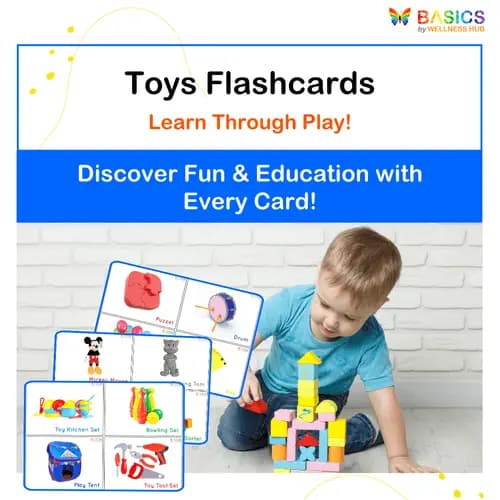
Toys Flashcards for Kids: Free Printable PDF
FREE
₹160
100% off
4.6 (42 ratings)

Wild Animals Flashcards for Kids: Free Printable PDF
FREE
₹160
100% off
4.6 (45 ratings)
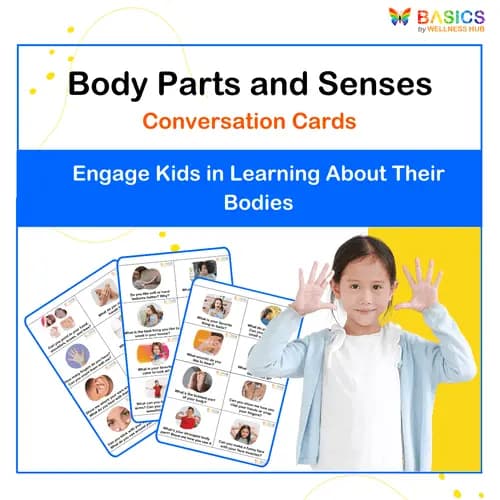
Conversation Cards - Body Parts and Senses: Engage Kids in Learning About Their Bodies
₹ 80.00
₹ 160.00
50% off
4.8 (36 ratings)
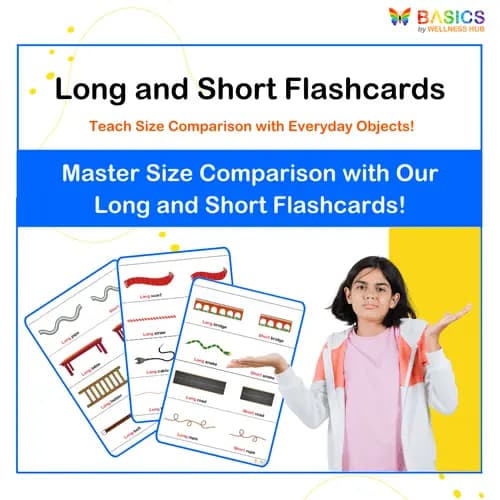
Long and Short Flashcards: Teach Size Comparison with Everyday Objects
₹ 80.00
₹ 160.00
50% off
4.9 (47 ratings)
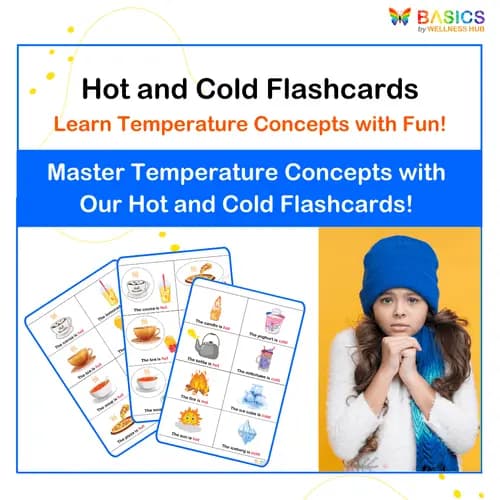
Hot and Cold Flashcards: Learn Temperature Concepts with Objects
₹ 80.00
₹ 160.00
50% off
4.8 (44 ratings)
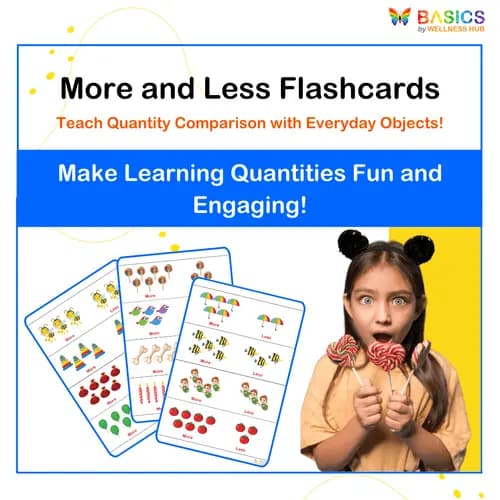
More and Less Flashcards: Teach Quantity Comparison with Everyday Objects
₹ 80.00
₹ 160.00
50% off
4.7 (56 ratings)
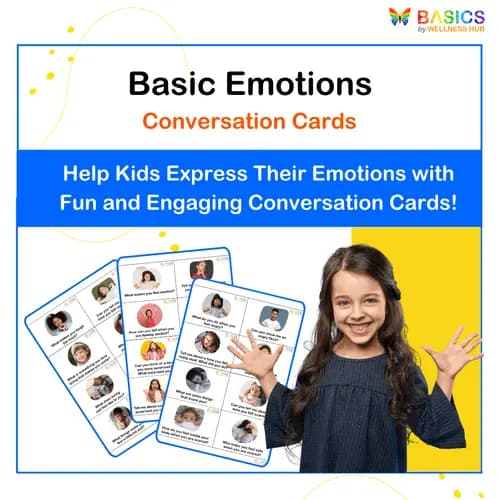
Conversation Cards - Basic Emotions: Questions to Help Kids Express Feelings
₹ 80.00
₹ 160.00
50% off
4.6 (52 ratings)
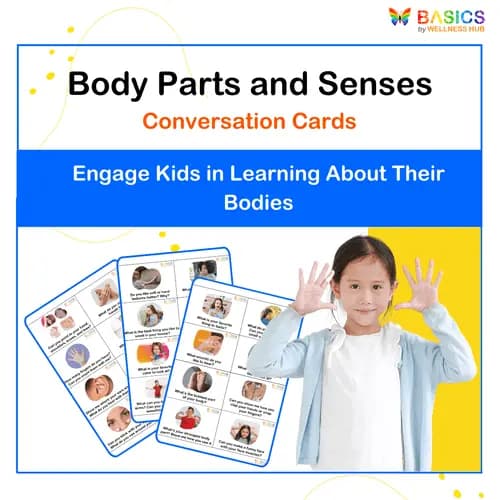
Body Parts Flashcards for Kids: Free Learning PDF
FREE
₹160
100% off
4.9 (48 ratings)
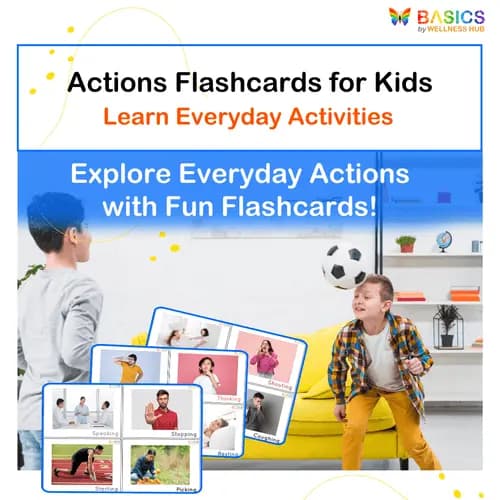
Action Flashcards for Kids: Learn Everyday Activities
₹ 80.00
₹ 160.00
50% off
4.8 (44 ratings)
Real Parent Success Stories – How Special Education Resources Help Kids Thrive
Our resources have positively impacted families and therapists, helping children make meaningful progress in speech and language development. Here’s what some of our users have shared:
These social stories have been a lifesaver. My daughter has been struggling with understanding personal space, and the Personal Space Social Story has really helped her recognize boundaries in a gentle way. It’s made a big difference at home and at school.
Lucy, Parent
These testimonials reflect how our resources make speech and language learning accessible and effective, empowering children and giving parents the confidence to support their growth.
Detailed Description
Introduction to Special Education Resources
Special education plays a crucial role in providing tailored learning experiences that support children with unique learning needs. These resources aim to help children develop essential life skills, cognitive abilities, and social skills at their own pace. Special education isn’t just about academics; it’s a holistic approach to fostering growth, confidence, and independence for children with disabilities, autism, ADHD, Down’s syndrome, and other developmental needs. Our curated resources provide practical, accessible ways for parents, educators, and therapists to help children thrive and reach important developmental milestones.
How Our Resources Aid in Special Education Growth
Our special education resources are designed to make learning interactive, engaging, and highly adaptable. They offer support in a range of areas, from social skills to cognitive development, using structured tools that make complex concepts easier to grasp. Flashcards introduce basic vocabulary and concepts, conversation cards promote social communication and interaction, and social stories help children understand everyday scenarios. These resources allow children to learn in small, manageable steps, building confidence as they acquire new skills. Parents, teachers, and therapists can use these tools to create a supportive environment that encourages children to explore, learn, and grow at their own pace.
Types of Special Education Resources We Offer
Flashcards: Our flashcards cover foundational topics tailored to special education, such as Emotions, Daily Routines, and Household Items. Each set uses clear visuals and simple language to introduce concepts that help children recognize, name, and understand the world around them. These flashcards are especially beneficial for vocabulary building, visual recognition, and providing structured learning moments.
Conversation Cards: Conversation cards offer children a fun way to express their thoughts on topics like Family, Feelings, and Social Situations. Designed to promote social-emotional growth, these cards encourage children to verbalize their ideas, learn new vocabulary, and practice appropriate responses. They are ideal for children with special needs, helping them feel more confident in social settings and improving their expressive language skills.
Social Stories: Social stories provide relatable scenarios that teach children how to handle everyday situations, such as Making New Friends, Managing Anger, or Understanding Personal Space. Each story presents a simple narrative that helps children understand emotions, behavior, and social cues. These stories are especially helpful for children with autism, ADHD, and other developmental needs, as they provide examples of how to navigate real-life situations calmly and effectively.
Who Can Use These Resources?
Our special education resources are versatile and suitable for a wide range of users:
Parents can incorporate these tools into daily routines to support their child’s learning at home.
Special Educators can use these resources in the classroom to offer structured learning moments and to foster social interaction.
Therapists can utilize these tools for goal-oriented sessions focused on specific developmental milestones and skills.
Designed to be adaptable and engaging, these resources help children with special needs build foundational skills in a way that feels manageable and rewarding. Each tool offers support that empowers children to make progress at their own pace.
Benefits of Special Education Activities at Home
Special education activities at home allow children to learn in a comfortable, supportive environment, making it easier to focus on growth and skill development. Our resources are particularly beneficial for children with unique learning needs as they offer consistent routines, visual aids, and hands-on activities that are easy to follow. By using these resources at home, parents can create a learning experience that is engaging and tailored to their child’s individual pace, helping them gain confidence and independence.
Tips for Using Special Education Resources Effectively
Using our special education resources effectively can greatly enhance your child’s learning experience. Here are some practical tips:
Create a Consistent Routine: Children with special needs often respond well to structure. Set aside a specific time each day for these activities to build familiarity and create a predictable learning environment.
Make Learning Interactive: Engage your child actively by asking questions, encouraging responses, and adapting activities to suit their interests. For example, if using flashcards, you can make a game out of identifying different items or take turns naming objects.
Focus on Small Steps: For children with special needs, breaking down tasks into manageable parts can make learning feel less overwhelming. Start with a few flashcards or a single conversation card and gradually increase the complexity.
Use Positive Reinforcement: Celebrate every success, no matter how small. Positive reinforcement builds confidence and encourages children to stay engaged. Praise and rewards can make learning more enjoyable and reinforce progress.
Adapt Resources to Fit Real-Life Situations: Incorporate learning into everyday experiences. If your child is using social stories, practice the scenarios at home or in familiar settings to reinforce the concepts in real life, helping them generalize skills across environments.
Real-Life Examples of Special Education Development with Our Resources
Our resources are designed for practical application, allowing parents and therapists to use them in everyday situations. Here are some examples:
Supporting Emotional Awareness with Social Stories: A parent might use the Managing Jealousy Social Story to help a child understand and cope with jealousy. By reading the story together and discussing the emotions involved, the child gains tools for self-regulation in situations that may previously have led to frustration.
Improving Communication with Conversation Cards: A therapist working with a child on expressive language may use Favorite Things Conversation Cards to engage the child in sharing their interests. Questions like “What’s your favorite food?” or “Who’s your favorite superhero?” encourage children to articulate their thoughts and build conversational skills.
Building Vocabulary with Flashcards: A special education teacher might use the Household Items Flashcards with a child learning functional vocabulary. By pointing out these items in the classroom or at home, the child can connect words with real objects, enhancing language comprehension.
Enhancing Social Skills with Role-Playing: Using the Making New Friends Social Story, a parent can role-play friendship scenarios with their child. Practicing greetings, asking questions, and responding positively help children feel more comfortable and confident in social settings.
These examples show how our resources can support the unique developmental journey of children with special needs, providing structured, supportive tools for learning.
FAQs
Q1: How do I start using these resources with my child?
A1: Begin by choosing a resource that aligns with your child’s developmental goals, such as flashcards for vocabulary or social stories for emotional understanding. Introduce the resource in short sessions, focusing on consistency and engagement.
Q2: Which resources are best for building social skills?
A2: Our social stories are ideal for teaching social skills, as they present relatable scenarios and responses to social challenges. Conversation cards also help by prompting children to express themselves and practice conversational skills.
Q3: How often should I use these activities?
A3: Regular practice is beneficial. Aim for 10–15 minutes per day or as much as your child is comfortable with. Start small and gradually increase frequency as your child becomes more engaged with the activities.
Q4: Are these resources suitable for children with autism or ADHD?
A4: Yes, our resources are specifically designed to support children with autism, ADHD, and other developmental needs. Each tool is created to be adaptable, engaging, and accessible for children with varying learning styles and abilities.
Related Topics and Further Learning for Parents
For parents looking to expand their knowledge and find additional support, the BASICS app offers courses and resources that can further aid their child’s development in special education:
Understanding Autism and Communication: A course that explores the unique communication styles of children with autism and offers strategies for building language and social skills.
Behavioral Skills and Self-Regulation: Resources and courses focused on helping children manage emotions and develop coping strategies for challenging situations.
Daily Living Skills for Independence: Tools and tips for parents to help children build life skills, such as personal hygiene, household tasks, and routines, promoting independence.
Positive Reinforcement and Encouragement: Information on the impact of positive reinforcement and how to use it effectively in special education to motivate and support children’s growth.
These additional resources provide a well-rounded approach to special education, empowering parents with knowledge and tools to support their child’s unique developmental journey.